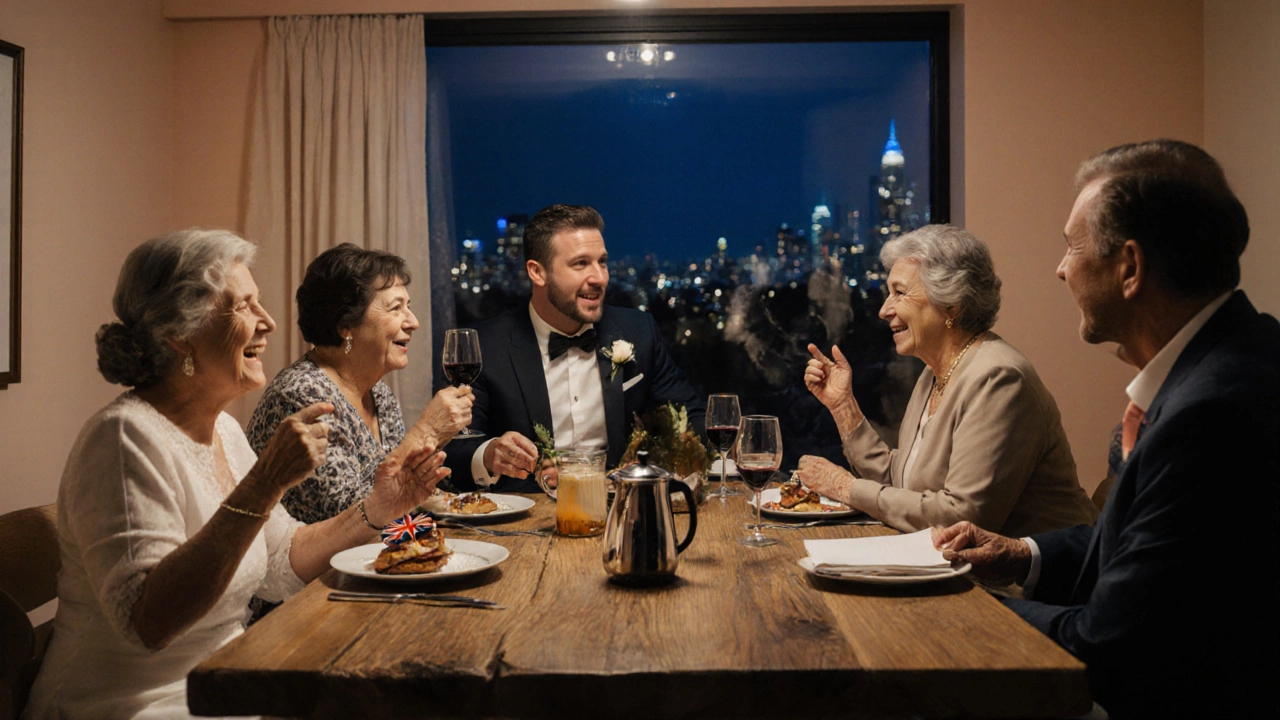Wedding Beauty Costs
When you start Wedding Beauty Costs, the total amount you spend on makeup, hair, skincare and other grooming services for your ceremony. Also known as bridal beauty budget, it shapes how much you allocate to looking your best without breaking the bank.
One of the biggest line items is Bridal Makeup, the blend of cosmetics and techniques used to enhance a bride’s features on her wedding day. From a simple natural look to full‑glam, the price varies with product quality, artist reputation and travel fees. A local freelance might charge £150, while a high‑end salon could easily top £500. Knowing the range helps you decide whether a trial session is worth the extra cost or if a minimal‑touch approach fits your budget.
Hair styling is the next major expense. Hair Styling, the professional service that creates and secures the bride’s hairstyle for the ceremony and reception often includes a consultation, the day‑of styling, and sometimes a trial. Prices can jump if the style needs extensions or intricate braiding. A straightforward up‑do might be £200, while a complex couture design could exceed £800. Planning ahead and bundling services with makeup can shave off travel and setup fees.
To keep everything in check, focus on Beauty Budget Planning, the process of estimating, allocating and monitoring costs for all grooming-related services. Start by listing every possible item: makeup, hair, trial sessions, touch‑up kits, and emergency products. Assign a realistic range based on research, then add a 10‑15% buffer for unexpected upgrades. This buffer often prevents the dreaded surprise invoice after the ceremony.
Professional stylists bring expertise, but they also influence overall cost. A seasoned artist may charge higher fees, yet they can often complete the look faster, reducing overtime charges. Ask about package deals that include both hair and makeup, as many studios offer a discount for combined services. Also, request a detailed quote that breaks down each component—this transparency lets you compare vendors on the same footing.
Timing matters too. Booking your beauty team early usually locks in lower rates and guarantees availability, especially during peak wedding season. A typical timeline suggests securing a trial at least three months before the wedding and confirming the day‑of schedule eight weeks out. Sharing your schedule with the venue helps the stylist allocate setup time efficiently, which can lower labor costs.
What You’ll Find Next
Below you’ll discover practical tips, expert checklists and real‑world examples that dive deeper into each cost factor. From how to negotiate with makeup artists to ways to stretch your hair‑styling budget, the collection equips you with actionable insights. Get ready to master wedding beauty costs without sacrificing the look you’ve always imagined.

- Oct, 25 2025
- Comments 0